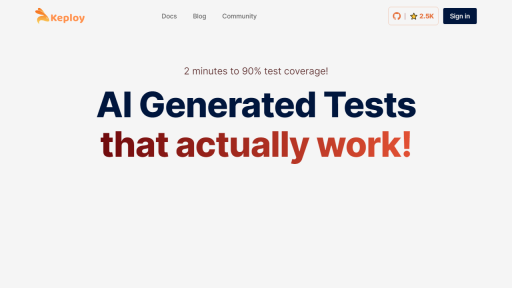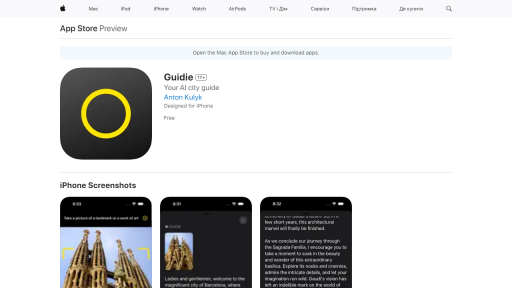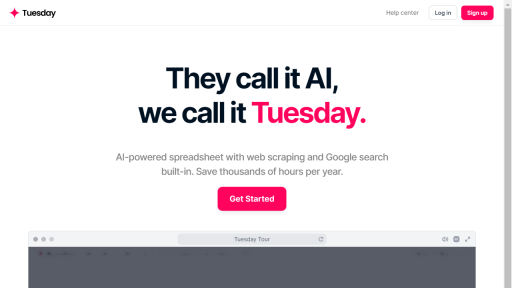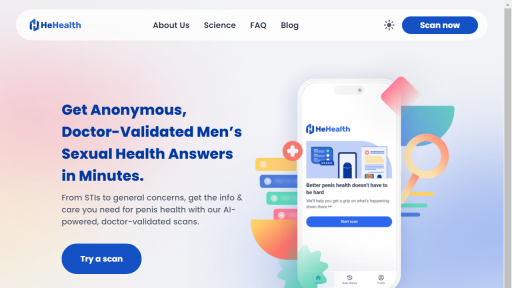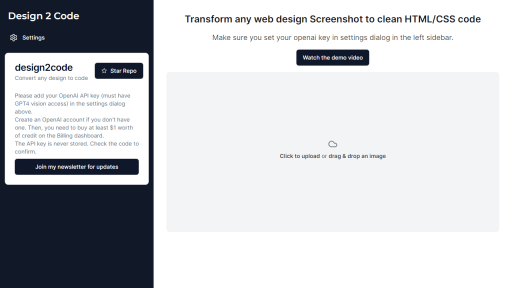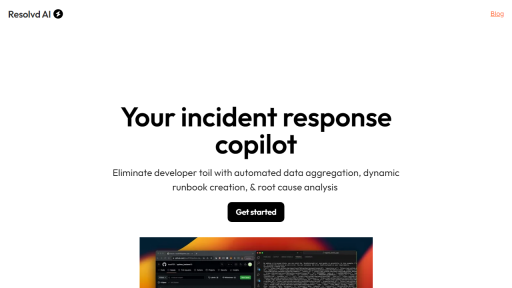What is Kili?
Kili is an innovative data annotation tool designed for machine learning projects, particularly focused on enhancing the quality and efficiency of labeling datasets. By providing a user-friendly interface, Kili helps teams streamline the annotation process, whether it involves images, videos, or text. The platform caters to various industries, enabling users to create, manage, and refine datasets that are crucial for training algorithms in AI and machine learning. Kili supports collaborative efforts by allowing multiple users to annotate and review data concurrently, thus speeding up the project timeline. With robust features like version control, quality assurance checks, and integration capabilities, Kili stands out as a comprehensive solution for organizations looking to optimize their data preparation processes. Its emphasis on user experience ensures that both novice and experienced annotators can navigate the platform with ease, making it a versatile choice for teams of any size.
Features
- User-Friendly Interface: Kili offers an intuitive design that simplifies the annotation process, making it accessible for users with varying levels of technical expertise.
- Collaboration Tools: The platform enables real-time collaboration, allowing multiple team members to annotate and review data jointly, enhancing productivity.
- Quality Assurance: Built-in quality control features help track and evaluate the accuracy of annotations, ensuring high-quality datasets.
- Customizable Workflows: Users can create tailored workflows to suit specific project needs, improving efficiency and consistency in the annotation process.
- Integration Capabilities: Kili can seamlessly integrate with various machine learning frameworks and tools, facilitating smooth data transfer and project management.
- Version Control: The tool provides versioning capabilities that allow users to revert to previous annotations easily, safeguarding against data loss and errors.
Advantages
- Increased Efficiency: Kili’s collaborative features and customizable workflows significantly reduce the time required for data annotation.
- Scalability: The platform can easily scale to accommodate projects of any size, making it ideal for both small teams and large enterprises.
- Enhanced Data Quality: With built-in quality assurance tools, users can ensure that their datasets meet high standards for accuracy and consistency.
- Flexibility: Kili supports various data types, including images, videos, and text, making it a versatile choice for diverse machine learning applications.
- Robust Support: Kili offers extensive documentation and customer support, ensuring users can maximize the tool’s potential without facing significant hurdles.
TL;DR
Kili is a powerful and user-friendly data annotation tool that enhances collaboration, efficiency, and data quality for machine learning projects.
FAQs
What types of data can Kili annotate?
Kili can annotate various types of data, including images, videos, and text, making it adaptable for different machine learning projects.
Can multiple users work on the same project in Kili?
Yes, Kili allows multiple users to collaborate in real-time on the same project, enhancing teamwork and productivity.
Does Kili provide quality control features?
Yes, Kili has built-in quality assurance tools that help track annotation accuracy and maintain high data quality standards.
Is Kili suitable for large datasets?
Absolutely! Kili is designed to scale efficiently, making it suitable for handling large datasets across various industries.
How does Kili integrate with machine learning frameworks?
Kili offers integration capabilities with popular machine learning frameworks and tools, allowing for seamless data transfer and project management.

